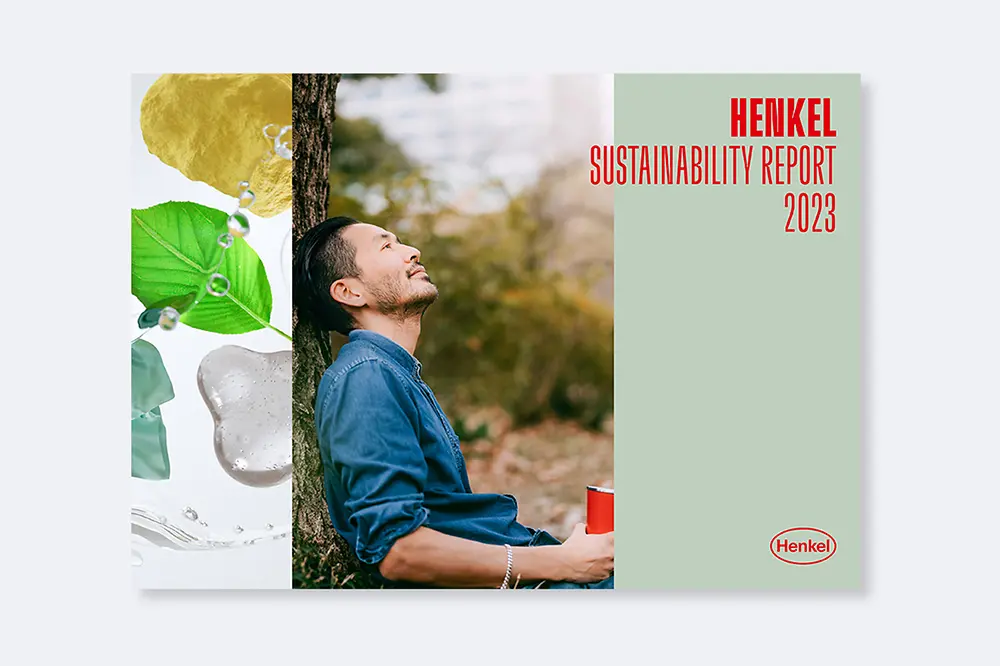Discover the brands and technologies from our business units Henkel Adhesive Technologies and Henkel Consumer Brands.
Plastic – a joint responsibility
All around the world, plastic is now the standard material for a huge number of applications. It is often used for packaging because it’s able to fulfill an impressive range of functions such as protecting products from damage during transportation and while in use.
When waste becomes litter
Ideally, consumers should be able to dispose of empty packaging in a responsible way after they’ve finished using a product. This might include making it available for recycling or placing it into an effective waste collection system. Unfortunately, there is no globally standardized approach to handling waste responsibly. In addition, awareness of the need to protect our environment differs around the world. Many countries also do not have effective systems for managing waste. This means plastic waste can easily find its way into nature, waterways and oceans. Over a long period of time, plastic waste can break down until it becomes microplastic.
Circular thinking
Many leading environmental organizations argue that banning the use of plastic would be unrealistic because of its unique properties. Instead, the most effective way to address plastic’s impact on our planet is to transform our modern way of life and adopt a system in which all materials used can either be reused or repeatedly recycled. This solution – known as the circular economy – would cut waste, decrease resource consumption and reduce environmental pollution.
Joining together
To drive progress towards a circular economy, Henkel is actively engaged in several partnerships. For example, we’re partnering with the Plastic Bank, a social enterprise in Haiti. Plastic Bank aims to stop ocean plastic and provide opportunities for people in poverty by enabling them to earn money or services by removing waste from the environment and making it available for recycling.
In addition, we are one of the founding members of the global Alliance to End Plastic Waste. The Alliance will develop and bring to scale solutions that will minimize and manage plastic waste. It will also promote solutions for used plastics and help to enable a circular economy.
Here at Henkel, we’ve set ourselves ambitious targets for sustainable packaging. By 2025, 100 percent of Henkel’s packaging will be recyclable, reusable or compostable*. This builds upon existing efforts and progress in sustainable packaging. For example, products from Pril’s ProNature series features bottles made from 100% recycled plastic. From packaging manufacturers to recycling companies, all partners along the entire value chain must work together to achieve a circular economy.
These efforts bring to life our commitment as a responsible manufacturer of consumer goods as we work towards finding a solution to our planet’s plastic problem.
*excluding adhesive products where residue may affect recyclability







